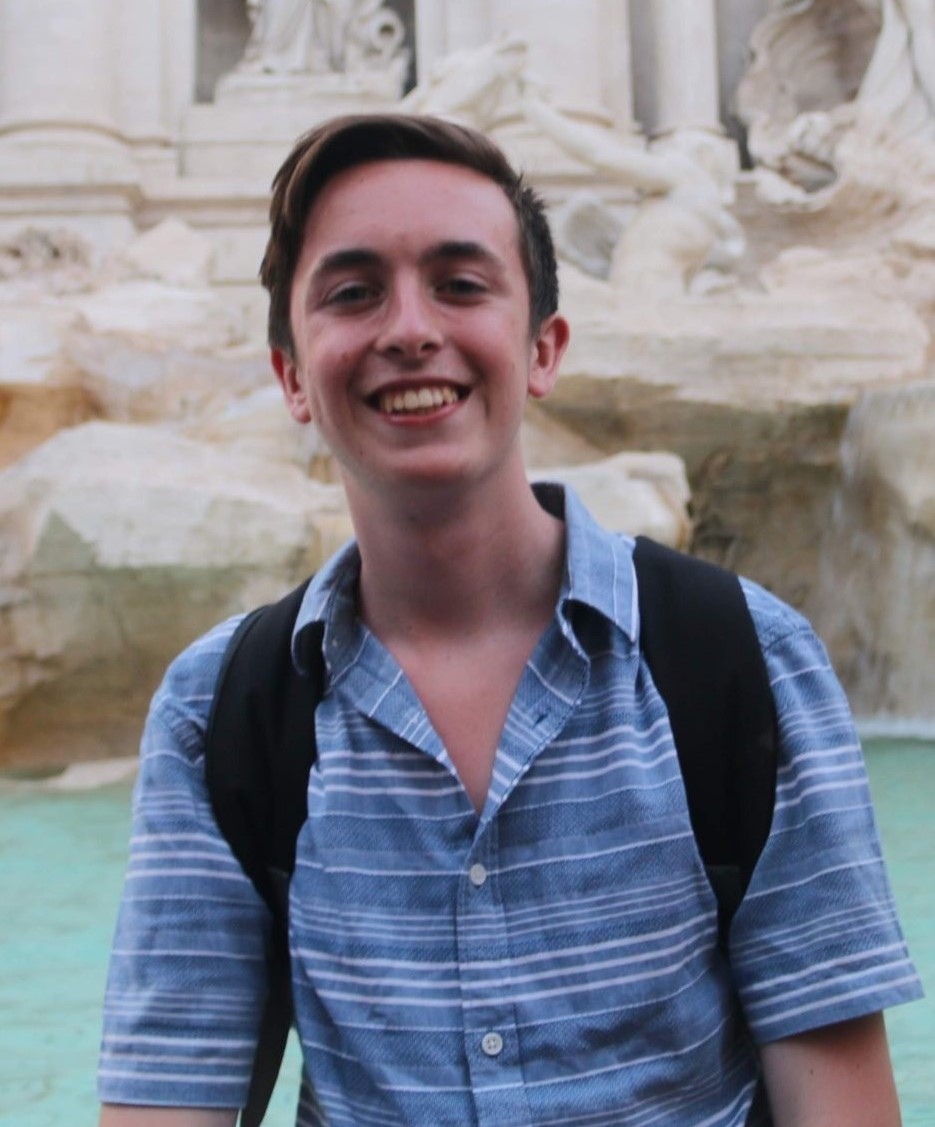
In May 2021, the world witnessed a sharp escalation in the Palestinian-Israeli conflict that was partly triggered by a property dispute in Sheikh Jarrah. While Hamas launched over 4,000 rockets at Israel from the Gaza Strip, activists from all over the world began a wave of protests against Israel and its right to defend itself from terror.
Instead of targeting the actions of the Israeli government, self-proclaimed “activists” started incorporating antisemitic tropes into their anti-Zionist messaging, which indicts Jews across the world. Many celebrities, including model Bella Hadid — who has more followers than Jews in the world — label the Israelis (and Jews who have lived there for centuries) as active agents of “colonization.” Other Instagram pages such as Impact, which has nearly two million followers, push similar lies and toxicity. Legitimate criticism of the Israeli government should be encouraged in any healthy democracy, but calls for the “Palestinian minority to become a Palestinian majority of what is today called Israel” by BDS leader Omar Barghouti, is advocating for the destruction of the State of Israel.
In the same vein, so-called “Mason expert” Ambassador Richard Kazularich framing the right of Israel to defend itself from terror as an “extremist act” is an irresponsible moral equivalency between a state and a terrorist organization. This line of thinking ignores the hostility and radicalization exhibited by Hamas, which contributes to Palestinian suffering.
In Lod, an Arab father and daughter had their lives taken due to a barrage of rockets fired by Hamas at Israel. Additionally, hundreds of the rockets fired at Israel fell short and landed within the Gaza Strip, killing numerous Palestinians.
Situating the actions of the terrorist organization Hamas as morally equivalent to the state of Israel, which took measures to protect its citizens, contributes to lies spread about Israel — and antisemitism — throughout the world. And the impact of this rhetoric is deadly.
The consequences of chanting “from the river to the sea” in Brooklyn and vandalizing synagogues with “Free Palestine” are obvious when Jewish diners in Los Angeles are assaulted by those waving Palestinian flags proudly proclaiming “Death to Jews,” or when Jews in New York’s Diamond District are bombed by protesters shouting “F***ing Zionists.”
These recent events prove Ambassador Kazularich’s statement correct that “if the violence were to escalate again, the [Arab-Israeli conflict] threatens to become a U.S. domestic issue.” Indeed it already has — with the Anti-Defamation League reporting a 75% “surge” in antisemitic attacks recently. Implicating Jewish people around the world to express your hatred against Israel is nothing short of antisemitism.
When social media influencers spread these dangerous messages to their young followers, it reinforces a one-sided narrative that slanders Israel, and put Jews in danger across the world. The infographics that oversimplify the conflict in the Middle East frame Israelis as the “settler-colonial oppressors” and the Palestinians as the “oppressed,” which allows Hamas to brand itself as a “resistance movement,” despite the fact that the international community considers it a terrorist organization due to its long history of suicide bombings, shootings, and stabbing attacks against Jewish — and American — civilians.
Whitewashing Hamas is generally meant to undermine Israel’s right to defend itself — and so is spreading lies that Israel practices apartheid and ethnic cleansing.
Jews and Palestinians should honestly critique the actions of the Israeli government, but one must be skeptical about the true intentions that underlie this so-called activism from those with no stake in the conflict, especially as antisemitism rises with spikes in anti-Israel rhetoric. The danger that Jews are facing across the world highlights the relevance and need for Zionism, as there is only one nation that will ever be able to adequately protect the Jewish people — Israel.
Originally published in The Algemeiner.
Contributed by 2020-2021 George Mason University CAMERA Fellow Sean Culley.
